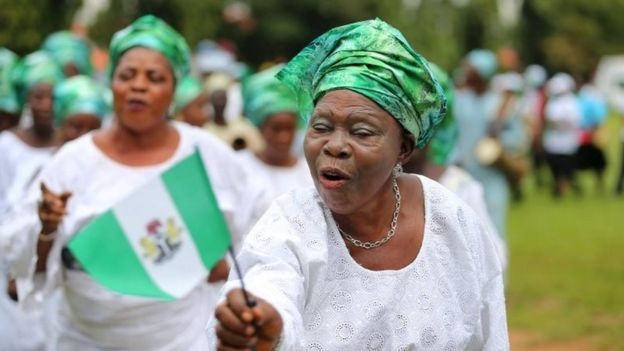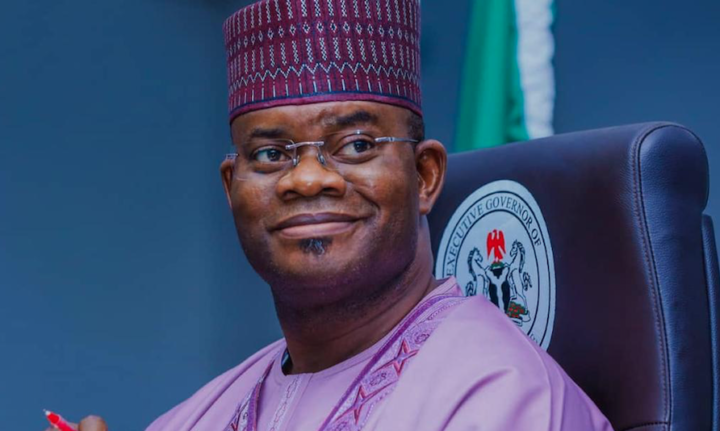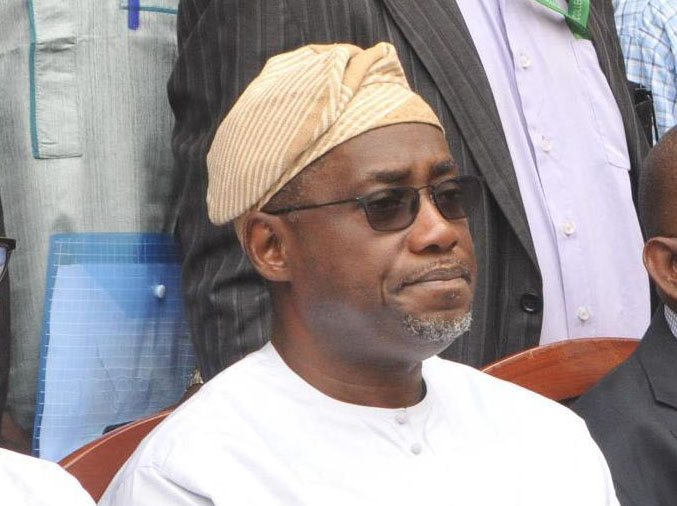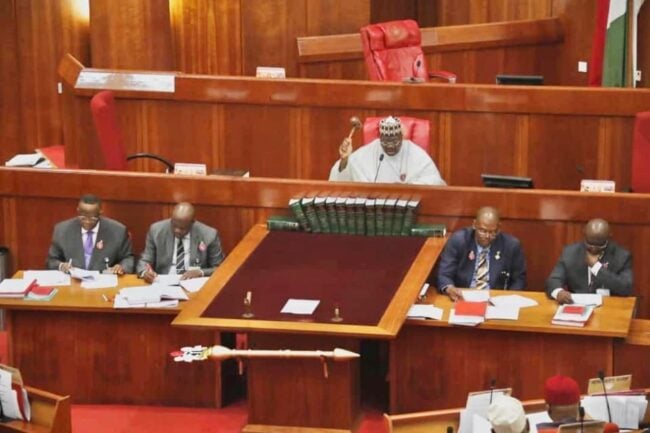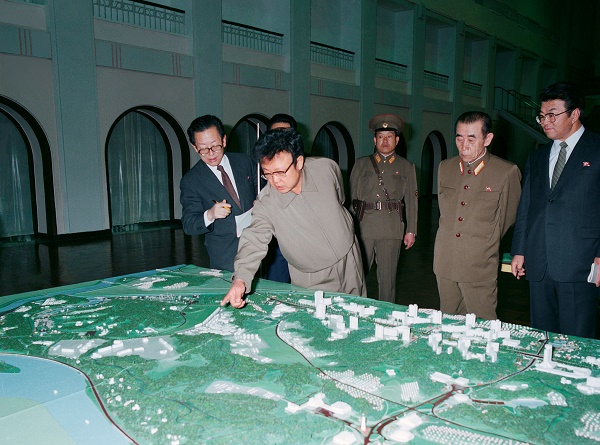BY ALABA ABDULRAZAK
When Mahatma Gandhi, an Indian lawyer, anti-colonial nationalist and political ethicist said “there is enough resources for everyone’s need but not for anybody’s greed”, he might have thought of a country that would be known as Nigeria. The reason is based on the fact that Nigeria is one of the richest countries in the world. Our country is blessed with both human and material resources and yet, the majority of the populace is suffering.
For a better understanding of how we have fared badly as a nation, we need to go back to history. In 1960 when Nigeria became independent, the global community stated and was publicised that three nations would emerge to join the community of developed nations like the U.S.A and Japan.
The countries mentioned in the report were China, Brazil, India and Nigeria. Unfortunately today, of all the four countries – only Nigeria has not emerged! India has emerged. Brazil has emerged. China has not only emerged but has become a global superpower.
Advertisement
Sadly for us as a nation, Nigeria has not emerged and has not even laid a foundation for its greatness. The reason why Nigeria has not emerged is – human! God has provided for our needs but has not provided for our greed. The critical thing for the greatness of a nation is human. It is not the amount of gold or diamond that you have, nor the amount of oil and gas that you have. Not even the amount of cocoa, palm oil, cotton and rubber that you have. It is the human element that comprises of leadership. Unfortunately, the human element in Nigeria is only 4% and material is 96%. Whereas in Japan, only 2% is material resources and 98% is human resources. It is the same thing in the United States and even in Europe. So, the problem bedevilling us as a nation is human and the critical thing in the human element is leadership. Leadership is very important. Despite having everything at our disposal to grow as a nation, the lack of good leadership has continued to hinder us.
Let us look at how Malaysia has emerged. Singapore emerged from a third-world country to first. Nigeria could also have emerged but unfortunately, leadership has been the cog in the wheel of Nigeria’s greatness.
Leadership is undoubtedly the major problem we have in Nigeria. Having a competent, effective and purposeful leadership that is capable of turning our highly chorused great potentials into real economic and political power has been quite elusive for us as a nation. That is why, today, we are not making any headway.
Advertisement
What is happening in Nigeria under President Muhammadu Buhari is best described in W. B. Yeats’ words in ‘The Second Coming’: “We are turning and turning in the widening gyre; the falcon cannot hear the falconer; things fall apart; the centre cannot hold; mere anarchy is loosed upon the world.”
Under President Muhammadu Buhari, anarchy is threatening the foundation of our existence as a nation. It is also under this present government that the theory of vulgar individualism and fetish corruption has triumphed over the political firmness and sharpness of the leadership of the country. The incorruptible reputation and integrity for which President Muhammadu Buhari was hitherto known for have disappeared.
With the economic instability, insecurity and other problems bedeviling us as a nation, the only solution is to have a ‘servant leadership’. Servant leadership is an age-old concept, a term loosely used to suggest that a leader’s primary role is to serve others, especially the people.
When it comes to dealing with modern challenges of leadership, Lao Tzu’s ‘servant leadership’ concept may be a solution to Nigeria’s leadership problem. Lao Tzu’s three lessons – all from the Tao Te Ching – provide us with insights into Lao Tzu’s idea of successful leadership, and hold up just as well in 2021 as they did when he wrote them around the fifth century BC.
Advertisement
Lao-Tzu wrote about servant leadership: “The highest type of ruler is one whose existence, the people are barely aware. The Sage is self-effacing and scanty of words. When his task is accomplished and things have been completed, all the people say, ‘We ourselves have achieved it!’”
It is time like this that servant leadership must rise to the occasion. Of servant leadership, Lao Tzu says: “Do not look only at yourself, and you will see much. Do not justify yourself, and you will be distinguished. Do not brag, and you will have merit. Do not be prideful, and your work will endure.” In another text of his colossal works, Lao Tzu says: “The wicked leader is he who the people despise. The good leader is he who the people revere. The great leader is he who the people say: “We did it ourselves.”
Respect and obedience must be earned and solicited. Understanding of this principle and its strict compliance by President Muhammadu Buhari and those who are charged with leading us in this country is necessary. This distinguishes a true leader from those who think that they are bigger than the country and the people that voted them into power.
By honouring the history of what brought us together as a nation, the dream of our founding fathers and the future of the country we seek, we need a ‘Servant Leader’. Leaders cannot expect that respect and obedience must be automatic and that their decisions and actions must be followed without question. Leaders must be accountable to the people they lead, and by so doing, accept public scrutiny but not personalised insults and be prepared to explain their political actions and inactions at all times instead of hiding behind conspiracy theories.
Advertisement
Alaba Abdulrazak can be reached via [email protected]
Advertisement
Views expressed by contributors are strictly personal and not of TheCable.
